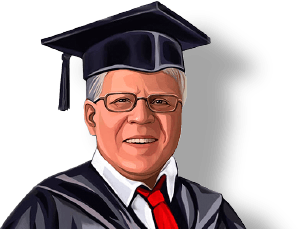
Controls & Transformers
Questions and Answers
Downslope is a term to describe the end a weld cycle where the current is gradually decreased from full power to some lower value. It is usually a period of time usually 3-10 cycles in standard AC welding.
Weld controls come in many sizes and many options are available to make them very versatile in their functionality. The controls found in the marketplace include AC, DC, MFDC and Capacitive Discharge. MFDC and AC are the most used in today’s market place. There are many DC units in use but MFDC are much smaller and more practical when the application permit their use. CD welders continue to find a few applications where the stored energy approach and a sudden large power input does the job.
Many weld transformers are manufactured with a tap switch. This tap switch gives you the ability to change the turns ratio that you are using in the transformer. The net result is the output voltage changes up or down as you change the tap.
A welder is made up of many components. These various components and systems are a force system, a power system, control system, conductors, electrodes and cooling system. All play a vital role in delivering the proper pressure and current for a length of time to the parts to be welded.
In the case of press welders controls are usually located on the machine or nearby on a permanent stand or mount. Frequently they are mounted so they can be accessed by the operator standing in the front of the machine but sometimes they are mounted on the side of the main body of the machine.
Page 26 of 40
Have a Question?
Do you have a question that is not covered in our knowledgebase? Do you have questions regarding the above article? Click here to ask the professor.
